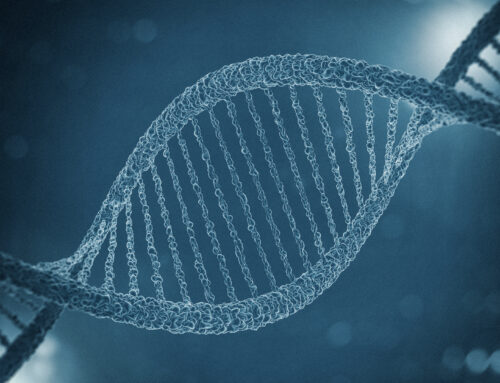
In genetic counseling, we focus on the science for our patients- genes, disease, symptoms, treatment, prognosis. Since we are so focused on our patients, we sometimes lose sight of the origins of this information. It doesn’t just magically appear in articles, textbooks, and databases, but exists because of the work of brilliant individuals in the field. One such individual is Henry T. Lynch, MD, often cited as the “father of cancer genetics.”
Dr. Henry T. Lynch passed away on June 2, 2019. We remember him for his significant work to identify cancer syndromes, patterns of inheritance and cancer detection. Dr. Lynch realized that a predisposition to cancer can be hereditary, an unpopular opinion of his time. To prove his hypothesis, he began to take family histories when meeting with patients, which is now a key step to understanding a family’s genetics, not only in cancer, but in all specialties. He tracked families for generations to identify patterns of cancers and develop the principles of cancer genetics: early age of onset, specific pattern of multiple cancers, and inheritance patterns in families.
Due to his work, Dr. Lynch is also the namesake of Lynch syndrome, formerly known as hereditary non-polyposis colorectal cancer (HNPCC). Lynch syndrome is an inherited cancer syndrome associated with various cancers, including colon, rectal, ovarian, breast, and small intestinal cancer. Lynch syndrome is inherited in an autosomal dominant pattern, in which one gene mutation is enough to cause an increased risk for cancer. Lynch syndrome affects both men and women. If one parent has a disease-causing mutation, there is a 50% chance each of their children will inherit the mutation and predisposition for cancer.
Dr. Lynch also contributed to the work associated with hereditary breast and ovarian cancer (HBOC), which is caused by mutations in the BRCA1 and BRCA2 genes. Certain gene mutations associated with different hereditary cancer syndromes are more prevalent in individuals with Ashkenazi Jewish descent. If you have a personal or family history of cancer, talk to your doctor for more information.
Because of the fortitude and dedication of research contributors like Dr. Lynch, we are now able to identify disease-causing mutations in patients, predict the risk of cancer and improve early detection and treatment options, impacting families worldwide.
To learn more about hereditary cancer syndromes or to speak with a genetic counselor, contact us at GeneticScreening@juf.org.


